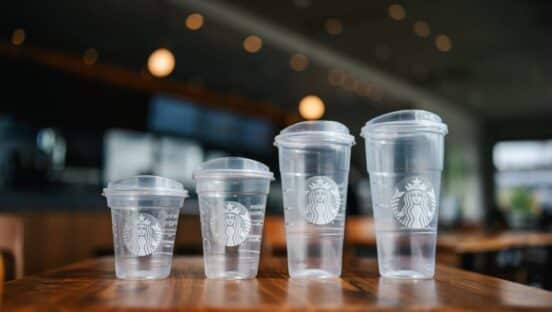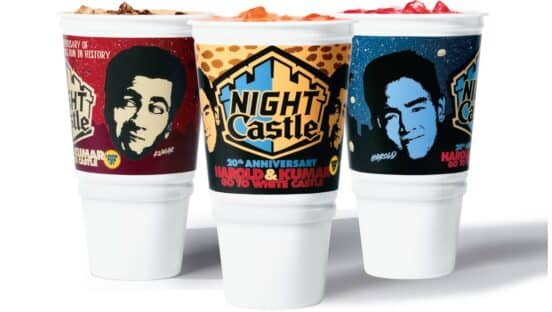Grocery stores and quick serves through the recession have competed for diners’ dollars, but some experts believe fast food companies can get a leg up by meeting customers at retail stores through licensing programs.

Some of those experts will be on hand at QSR’s Dine America conference, September 12–14 in Atlanta, to discuss why quick serves may want to consider taking their product to store shelves.
Panelists include Bill Cross, vice president of restaurant and food brand licensing for Broad Street Licensing Group; Honey Konicoff, vice president of marketing for Phillips Foods Inc. and Seafood Restaurants; and Scott Carter, managing member of Supply Chain Associates.
Konicoff says a licensing program for a quick serve is advantageous because it adds a new revenue stream to the business.
“In addition to that you can enhance your brand recognition by being present at retail, and then retail can drive business to your restaurants,” she says.
And though retail stores and quick serves are fighting for market share today, Konicoff does not belief licensed products cannibalize quick-serve sales.
“Meal occasions, when you dine in a restaurant versus cooking at home, are separate decisions,” she says. “The decision you’re making is, ‘Are we going out to dinner tonight, or is this a cooking-in night? OK what are we going to have?’ [Licensing] is more occasion for people to experience your brand in different ways.”
Cross, whose company has worked with Burger King and Bruegger’s, among other brands, agrees, and says companies that license are not trying to sway the dining decision—they’re trying to get in front of a mind that’s already made up.
“The mom that’s standing in front of the freezer case looking to buy tonight’s dinner isn’t weighing whether she’s going to go out to eat or whether she’s going to eat at home—she’s looking for an answer to her needs,” he says.
Deciding whether or not to jump into the licensing business is not a process that should be determined on quarterly sales, Cross says. He believes every brand should consider licensing in their strategic growth because of its many benefits, including the additional revenue it provides and the new demographics it helps reach.
Making the decision to license a product for retail, however, is not one to be taken lightly.
“A restaurant chain that just dips their toe in the water is destined for failure,” Cross says. “You get one shot at retail—you either do well, or you’re out.”
For this reason, Cross says a brand looking to get involved with licensing should either have someone on staff who knows the ins and outs of the process, or hire a licensing agent who can help pave the way.
But no matter how a quick serve licenses its products, Cross says careful attention should be paid to them—even after they hit store shelves.
“Generally, the more involved a licensor is in their licensing program the better success they’re going to have, both at retail and in driving traffic back to the core brand,” he says. “Ultimately the goal of retailing your brand should be to drive traffic back to your restaurants—you want to build up your core brand.”
To request an invitation to Dine America, click here.
By Sam Oches









